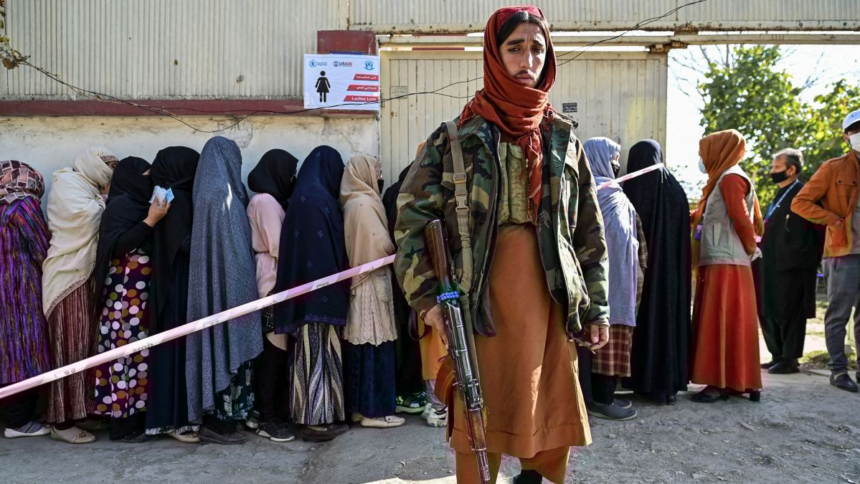RASC News Agency: A delegation of exiled Afghanistani women has arrived in South Africa for a week-long advocacy mission, aimed at raising international awareness about the Taliban’s brutal imposition of gender apartheid in Afghanistan. Through a series of high-level engagements and public forums, the group is rallying global support to condemn and dismantle the systematic erasure of women’s rights by the Taliban regime. The initiative organized with the support of the Malala Fund, the End Gender Apartheid campaign, the Civic Engagement Project, and leading human rights defenders is part of a growing transnational movement to classify the Taliban’s policies as crimes against humanity.
During a prominent panel at the Nelson Mandela Foundation in Johannesburg, the Afghanistani delegation shared the stage with revered South African figures including Professor Thuli Madonsela, Professor Farid Esack, and Judge Margie Victor. The event drew powerful parallels between South Africa’s historic struggle against racial apartheid and the Taliban’s draconian gender-based repression. The Afghanistani women shared harrowing personal accounts of life under Taliban rule where girls are denied education, women are barred from work, public life, and even basic healthcare, and entire generations are being forced into silence and invisibility. “The Taliban have institutionalized misogyny on an unprecedented scale,” one of the delegates stated. “What is happening in Afghanistan is not merely oppression it is a gendered annihilation of identity and freedom.”
Since seizing power in 2021, the Taliban have stripped women of nearly every fundamental right, governing through fear, coercion, and religious extremism. Their regime has banned secondary and higher education for girls, dissolved institutions that supported women’s rights, and imposed a rigid system of gender segregation that criminalizes female autonomy. The delegates called on international governments and legal bodies to take urgent action. They advocated for formal recognition of the Taliban’s policies as gender apartheid under international law a designation that would compel accountability and pave the way for sanctions and legal remedies.
“The Taliban do not represent the people of Afghanistan,” another speaker emphasized. “They represent tyranny cloaked in religion, and the world must stop legitimizing them through silence and diplomatic appeasement.” Prior to their visit to South Africa, the delegation had undertaken similar advocacy missions across Europe and North America, building a coalition of support among lawmakers, jurists, and civil society leaders. Their campaign underscores a broader call for sustained international engagement not with the Taliban, but with the Afghanistani people who continue to resist them.
As global attention turns to other crises, the delegation warns that the normalization of Taliban rule would not only abandon the women of Afghanistan, but also set a dangerous precedent for the erosion of women’s rights worldwide.






